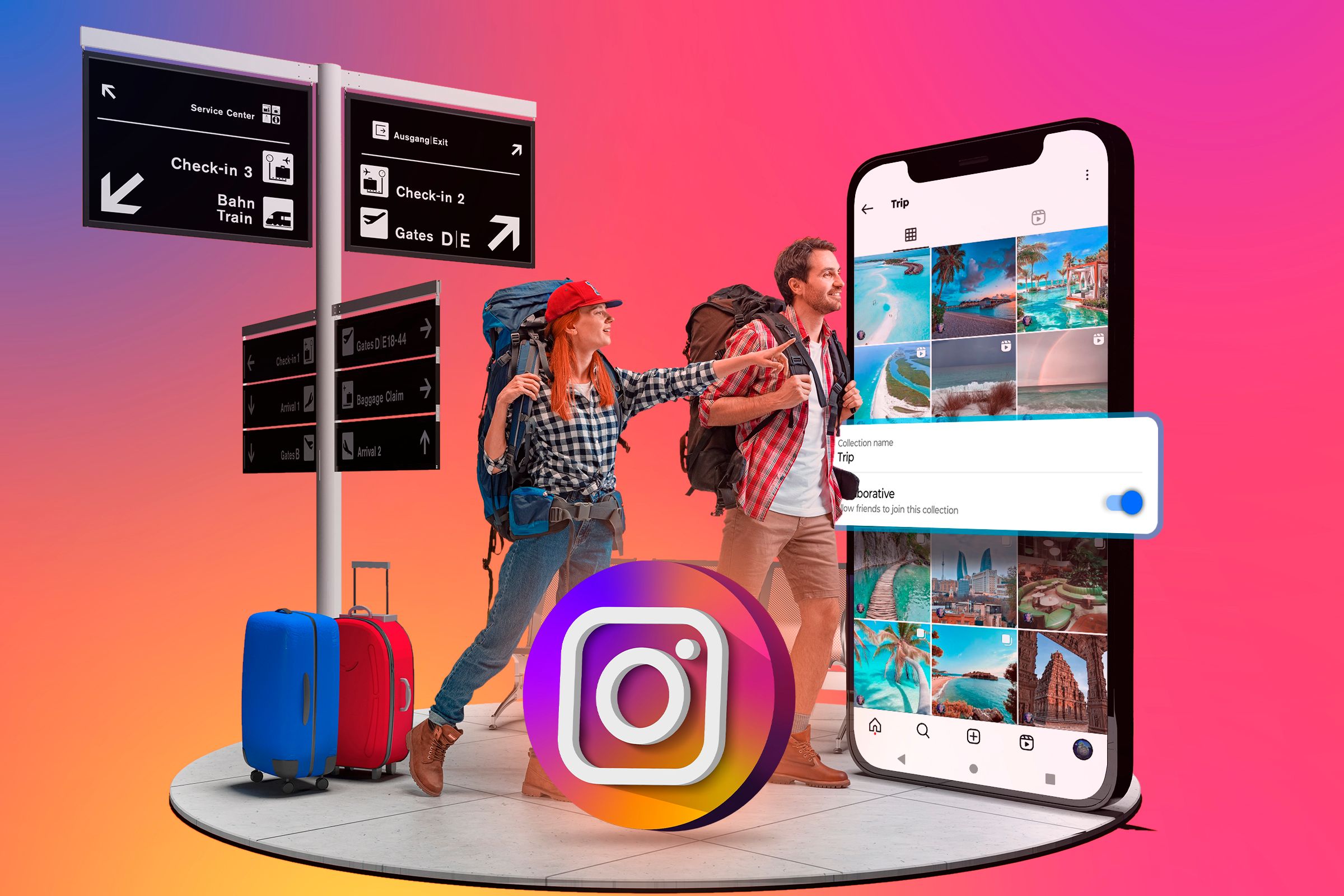Heading on vacation for the holidays? You’ve probably already told a bunch of people and posted about it online in anticipation, and you’re likely going to post up-to-the-minute photos and videos to your feeds while you’re taking time off. Here’s why that’s all a terrible idea.
You’re Telling Burglars Your House Is Empty
This isn’t paranoia, it’s well documented that house burglars watch social media and wait for people to go on vacation, then rob their house while nobody’s home—as these articles from ABC, The Week, The Independent, and The Advertiser illustrate. These stories date back years, from all around the world. It actually happens frequently!
And yet, most people still seem blissfully unaware of this tactic. So, next time you book a holiday, keep it between yourself, your close family, and HR.
Don’t think you’re safe just because your social media profiles are private, either. People you may trust enough to not rob you might get chatty with some unsavory character in the checkout line, and accidentally reveal that your house is temporarily vacant.
You’re Telling Scammers You’re Distracted
If you’re vacationing correctly, you won’t be online for much of it because you’re too busy enjoying yourself (or your hand is forced because you’re overseas on a limited data plan.) This leaves the window open for scammers to try to get access to your online accounts without you noticing the password reset emails or alerts being sent to you until it’s too late.
Like burglars, online scammers can monitor social media to see what you’re up to. They wait for just the right moment to jump into action, attempting to use any information they have collected about you to access your bank accounts, or get access to your social media so they can scam your vulnerable friends and family.
Even knowing that you’re just thinking about planning a vacation may be the toehold scammers need to take advantage of you, with fake accommodation listings and follow-up phishing messages.
Secure Your Online Accounts Before You Travel
The solution to all of this is obvious, and unfortunately very boring: don’t post online about your awesome trip until you get back. A minor consolation prize to this is that if the trip didn’t live up to the hype, you don’t have to lie about it later.
As for the inevitable attempts at compromising your online security, at home or abroad, you should make sure your accounts are secure by enabling two-factor authentication, using strong passwords and a password manager, as well as following good online security practices.




